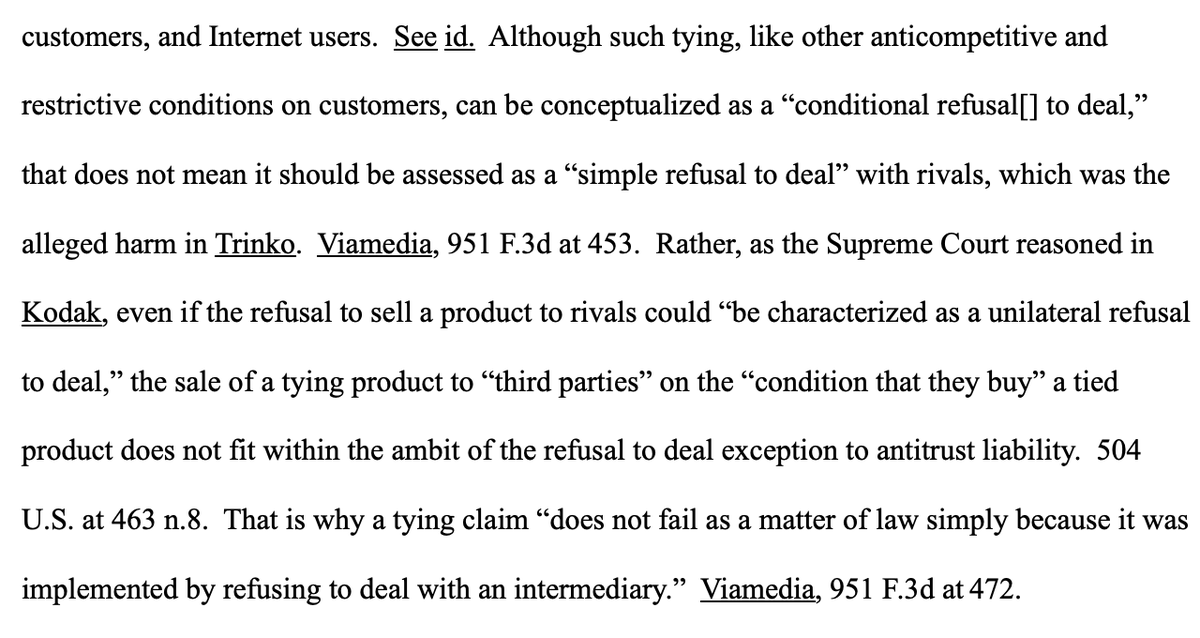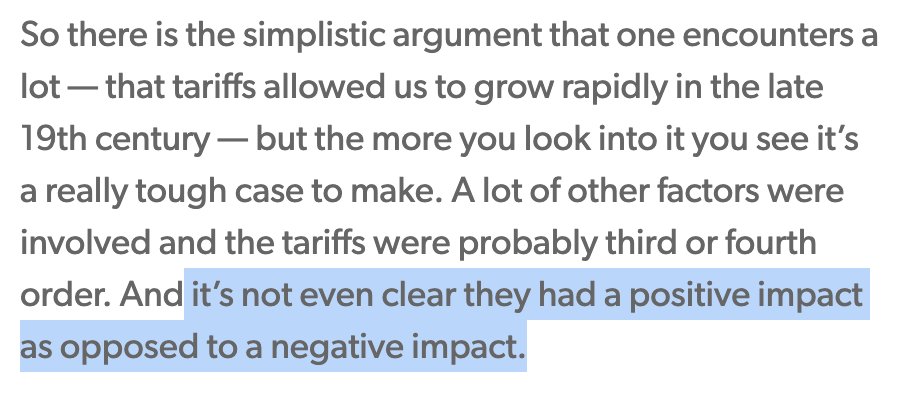Michael Pettis, again in FT, ignoring how prices adjust.
Pro-tip: Write down a model. Check your equilibrium conditions. 🧵 of what happens when you don't
Pro-tip: Write down a model. Check your equilibrium conditions. 🧵 of what happens when you don't

Don't be confused by the currency/captial/trade stuff. What is he actually saying?
"country’s investment is constrained not by scarce saving but rather by inadequate domestic demand"
He is saying quantity is constrained, not by supply, but by demand. It's both!
"country’s investment is constrained not by scarce saving but rather by inadequate domestic demand"
He is saying quantity is constrained, not by supply, but by demand. It's both!

Just because demand is a factor does not mean that "increasing the supply of foreign capital may not spur investment".
Again, don't be confused by macro/currency/trade stuff. If you increase supply (holding demand fixed but still as a constraint), you increase quantity.
Again, don't be confused by macro/currency/trade stuff. If you increase supply (holding demand fixed but still as a constraint), you increase quantity.
He writes: "increasing the supply of foreign capital may not spur investment... it can actually damp investment as the resulting higher currency makes domestically-produced manufacturing even less competitive."
Again, think in basic supply and demand.
Again, think in basic supply and demand.
This is like saying "when the cost of borrowing drops, firms borrow more, which bids up interest rates, so cheap capital doesn't work!"
But that's exactly HOW prices work. The price rises until supply equals demand.
But that's exactly HOW prices work. The price rises until supply equals demand.
When capital flows in, it doesn't just sit there doing nothing. It bids up asset prices (including the exchange rate). Higher asset prices make further inflows less attractive.
That's the equilibrating mechanism that chokes off demand.
That's the equilibrating mechanism that chokes off demand.
"taxing capital inflows will indeed reduce trade deficits for countries like the US, it will not do so while raising domestic interest rates"
No. If you restrict foreign capital supply, domestic savers will demand higher returns, otherwise they would have been saving already.
No. If you restrict foreign capital supply, domestic savers will demand higher returns, otherwise they would have been saving already.
Sure, it gets a bit more complicated when you have currency fluctuations. But not really. Supply and demand still helps you sift through a bunch of words
• • •
Missing some Tweet in this thread? You can try to
force a refresh












